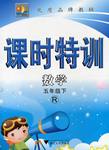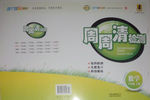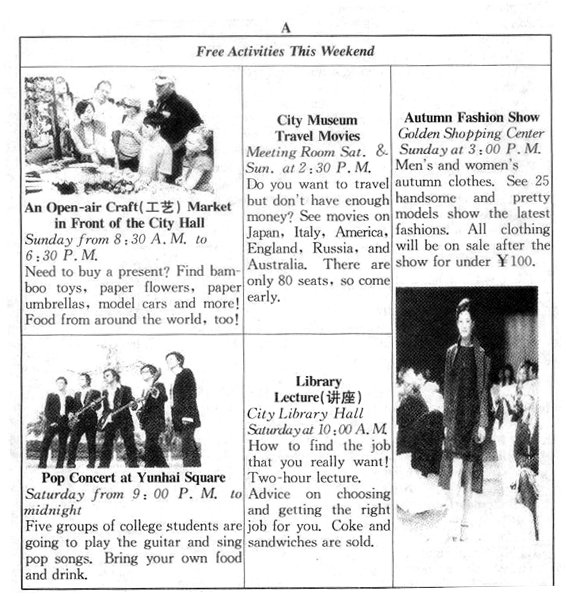题目内容
Strong earthquakes hit the east of Japan in the afternoon of March 11, causing several meter-high tsunami(海啸), which killed more than 10,000 people in areas along the coast. Several nuclear plants(核电站) at the coast were broken by the earthquake and tsunami. People living near the plants have been asked to move away. People living within 30 kilometers of the first plant are asked to stay indoors and close all windows.
The breaking of the nuclear plants is causing electricity shortages(电力短缺) in Eastern Japan. As a result, electricity is cut off for 3-hour periods in the area of Tokyo and some other areas during daytime. In order to save electricity, some shops, restaurants and tourist places in the areas are closed for some time every day. But all major airports and train lines are still open and operating.
For the above reasons, tourists are advised not to visit the eastern areas in the near future. Visits to Western Japan are not affected by the event. People who plan to travel over the coming weeks and months are advised to pay attention to the situation for a few more days before making decisions.
小题1: This passage may probably be written by a_ _.
小题2:People living near the plants were asked to move away because __
小题3:They closed some shops and restaurants for some time every day to __
A. avoid making electricity shortages even worse
B. avoid more people getting together
C, rebuild their broken buildings
D. keep away from nuclear radiation(核辐射)
小题4: The word “___” can be used instead of the underlined word “advised” in the last paragraph.
小题5:Which of the following is right?
The breaking of the nuclear plants is causing electricity shortages(电力短缺) in Eastern Japan. As a result, electricity is cut off for 3-hour periods in the area of Tokyo and some other areas during daytime. In order to save electricity, some shops, restaurants and tourist places in the areas are closed for some time every day. But all major airports and train lines are still open and operating.
For the above reasons, tourists are advised not to visit the eastern areas in the near future. Visits to Western Japan are not affected by the event. People who plan to travel over the coming weeks and months are advised to pay attention to the situation for a few more days before making decisions.
小题1: This passage may probably be written by a_ _.
| A.scientist | B.traveler | C.story writer | D.news reporter |
| A.there would be more earthquakes and tsunamis |
| B.several nuclear plants had been broken |
| C.there were serious electricity shortages |
| D.their houses were washed away by the tsunami |
A. avoid making electricity shortages even worse
B. avoid more people getting together
C, rebuild their broken buildings
D. keep away from nuclear radiation(核辐射)
小题4: The word “___” can be used instead of the underlined word “advised” in the last paragraph.
| A.found | B.invited | C.told | D.met |
| A.The earthquake happened before the tsunami. |
| B.The earthquake happened after the tsunami. |
| C.There was no electricity in Eastern Japan. |
| D.People were not allowed to visit Western Japan. |
小题1:D
小题1:B
小题1:A
小题1:C
小题1:A
小题1:通过阅读短文可知这是关于日本地震的新闻报到,故其作者最有可能是一位记者,故选D。
小题1:根据Several nuclear plants(核电站) at the coast were broken by the earthquake and tsunami. People living near the plants have been asked to move away. 可知选B。
小题1:根据In order to save electricity, some shops, restaurants and tourist places in the areas are closed for some time every day.描述可知选A。
小题1:根据For the above reasons,(因为这些原因) tourists are advised not to visit the eastern areas(不去东部地区) in the near future.可知意思为要求等含义,故选C告知,最为恰当。
小题1:根据Strong earthquakes hit the east of Japan in the afternoon of March 11, causing several meter-high tsunami(海啸),可知海啸发生在地震之后,故选A。

练习册系列答案
 明天教育课时特训系列答案
明天教育课时特训系列答案 浙江新课程三维目标测评课时特训系列答案
浙江新课程三维目标测评课时特训系列答案 周周清检测系列答案
周周清检测系列答案 轻巧夺冠周测月考直通高考系列答案
轻巧夺冠周测月考直通高考系列答案
相关题目




